Suicide attacks kill 19 in Afghanistan
Two bomber - one wearing a burqa - blew up a car laden with explosives.
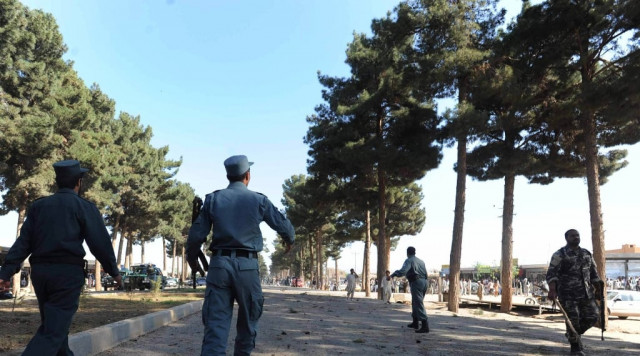
Two bombers, including one wearing a head-to-toe covering burqa, blew up a car laden with explosives on the airport road outside the western city of Herat, killing eight civilians and three police, provincial governor spokesman Mohiddin Noori said.
Twenty-three people were wounded in the attack, which took place in a usually peaceful part of the country near the border with Iran.
In volatile southern Helmand province, three suicide attackers targeted the district governor's office in Musa Qala district, killing eight police. Two of the bombers were shot dead, but one managed to detonate explosives.
"The first one opened fire on Afghan police. In response he was killed by our forces, while the second one detonated himself and police killed the third," said Dawood Ahmadi, spokesman for the Helmand provincial governor.
A Nato spokesman on Monday said insurgents had so far shown no sign of planning a repeat of last year's unified spring offensive against foreign and Afghan forces, preferring isolated attacks on small units and bases.
The Afghan Taliban claimed responsibility for the Helmand attack, saying it had been targeting the district governor and police chief, as well as other government officials.
"Our Mujahidin are resisting and have brought huge fatalities to the enemy," Taliban spokesman Qari Yousef Ahmadi said.
The Taliban last year launched "Operation Badr" - named after a famous seventh century victory by the Prophet Mohammed - vowing to target Nato military bases, convoys and Afghan government officials, as well as foreign companies.
They mounted high profile suicide attacks on heavily-guarded Afghan and foreign bases in the months after, culminating in a September attack on the US embassy compound in Kabul by militants who occupied a nearby building site.
Nato's spokesman, German Brigadier General Carsten Jacobson, said last year's attacks, including the assassination of the head of the Afghan government peace council in charge of reconciliation efforts, had failed to revitalize the insurgency.
But the Taliban may be emboldened with the planned post-summer withdrawal of 23,000 US soldiers, and with 2012 being the final year of Nato's surge in troop numbers ahead of the pullout of most combat troops by end-2014.


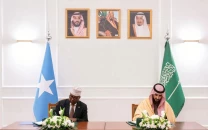
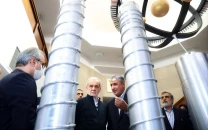
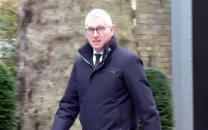
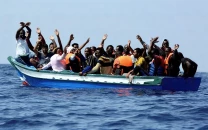













COMMENTS
Comments are moderated and generally will be posted if they are on-topic and not abusive.
For more information, please see our Comments FAQ